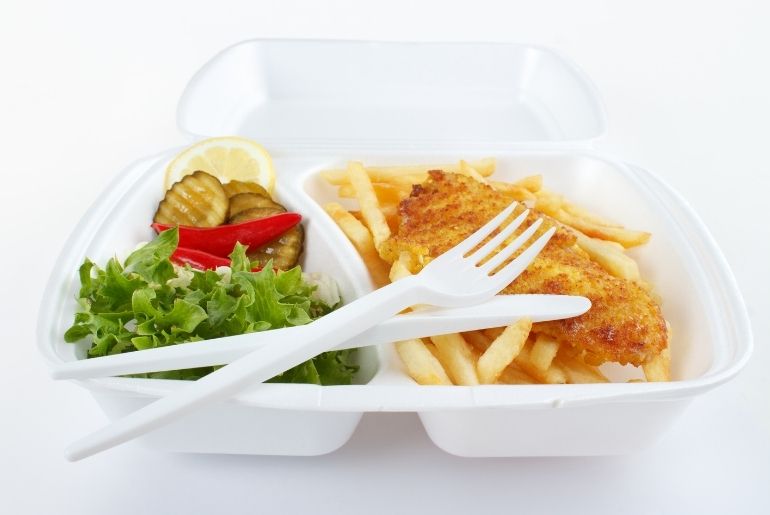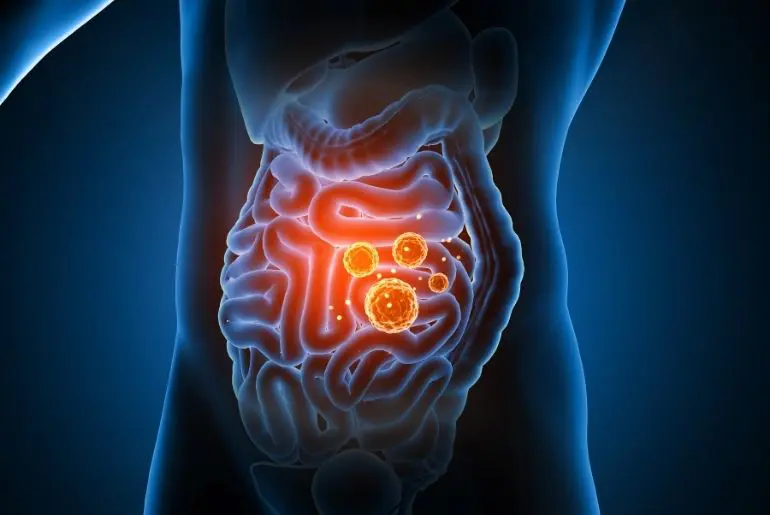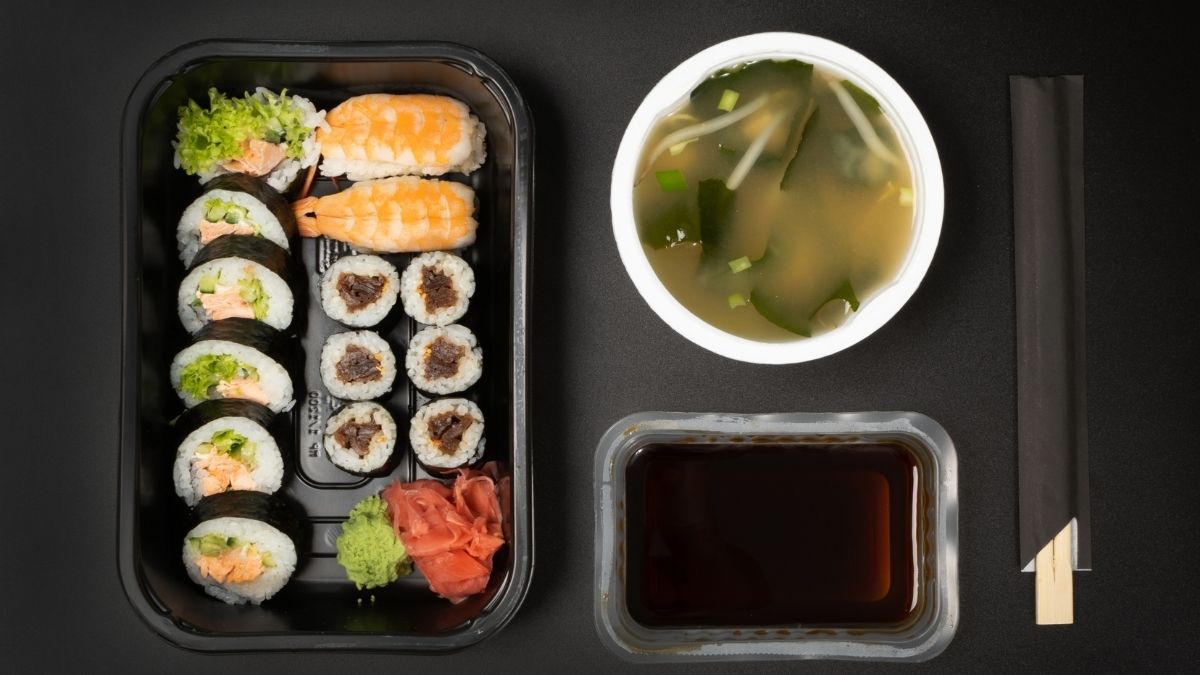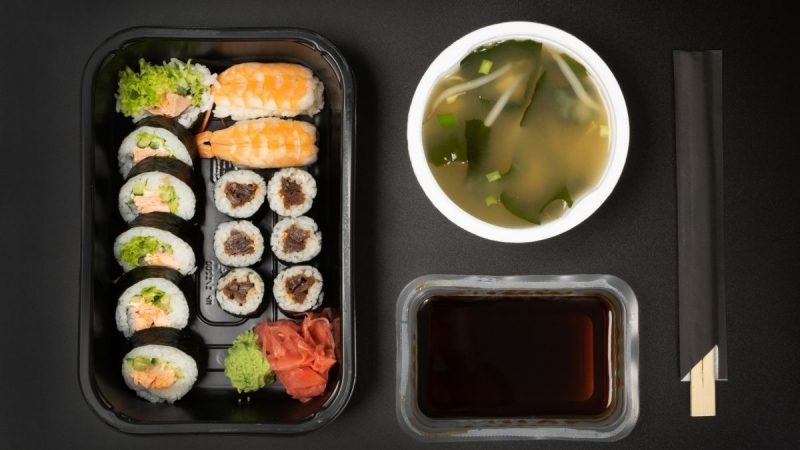The next time you dig into your favourite takeout meal, remember the insights from this article! According to a recent Chinese study, plastic pollutants from plastic takeout containers can seep into hot food that has been sealed and packaged and then enter the body when consumed. They then cause tissue damage, with the heart being particularly vulnerable.
Do Plastic Takeout Containers Cause Heart Failure?

Dr Richa Chaturvedi, senior consultant in endocrinology at Indraprastha Apollo Hospital in New Delhi, told The Indian Express that plastics include phthalates and bisphenol-A (BPA), two chemicals that can cause heart failure, or the inability of the heart to pump enough blood to meet the body’s needs.
Bisphenol-A (BPA) and phthalates, which manufacturers add to increase the flexibility and durability of the container, are released when plastics react with hot liquid in meals or when reheated in a microwave. BPA promotes inflammation and cellular damage to cardiac tissue. It mimics the hormone oestrogen, which can interfere with the body’s regular hormone signalling and perhaps impair heart function. It can alter the anatomy of the heart, raise blood pressure, and result in arrhythmias or irregular heartbeats.
Phthalates interfere with the balance and function of hormones, which impairs the heart’s electrical signals and causes irregular heartbeats and diminished pumping capacity. Temperature, exposure time, and food type are some of the variables that might affect how much leaching occurs.
Consuming Plastic Compounds Can Lead To Inflammation

Studies using animal models have demonstrated that the intestinal milieu is significantly altered when water tainted with compounds produced from plastic is consumed. These changes include a rise in metabolites. These are linked to inflammation and tissue damage as well as a change in the makeup of microorganisms. Chronic inflammation can damage blood vessels and accelerate the accumulation of plaque. It can also cause other problems with the circulatory system.
Also Read: From Plastic Ban To Salik Toll, 6 New UAE Laws Applicable From January 2025
Endocrine disruptors, like BPA and phthalates, can interfere with hormonal balance. They can also cause reproductive health concerns, such as decreased fertility and challenges with offspring development. Recent research has also found microplastics in human tissues, including the brain, which raises questions about possible neurological consequences.
Cover Image Credits: Canva Pro
For more such snackable content, interesting discoveries and the latest updates on food, travel and experiences in your city, download the Curly Tales App. Download HERE. First Published: February 19, 2025 12:27 PM




